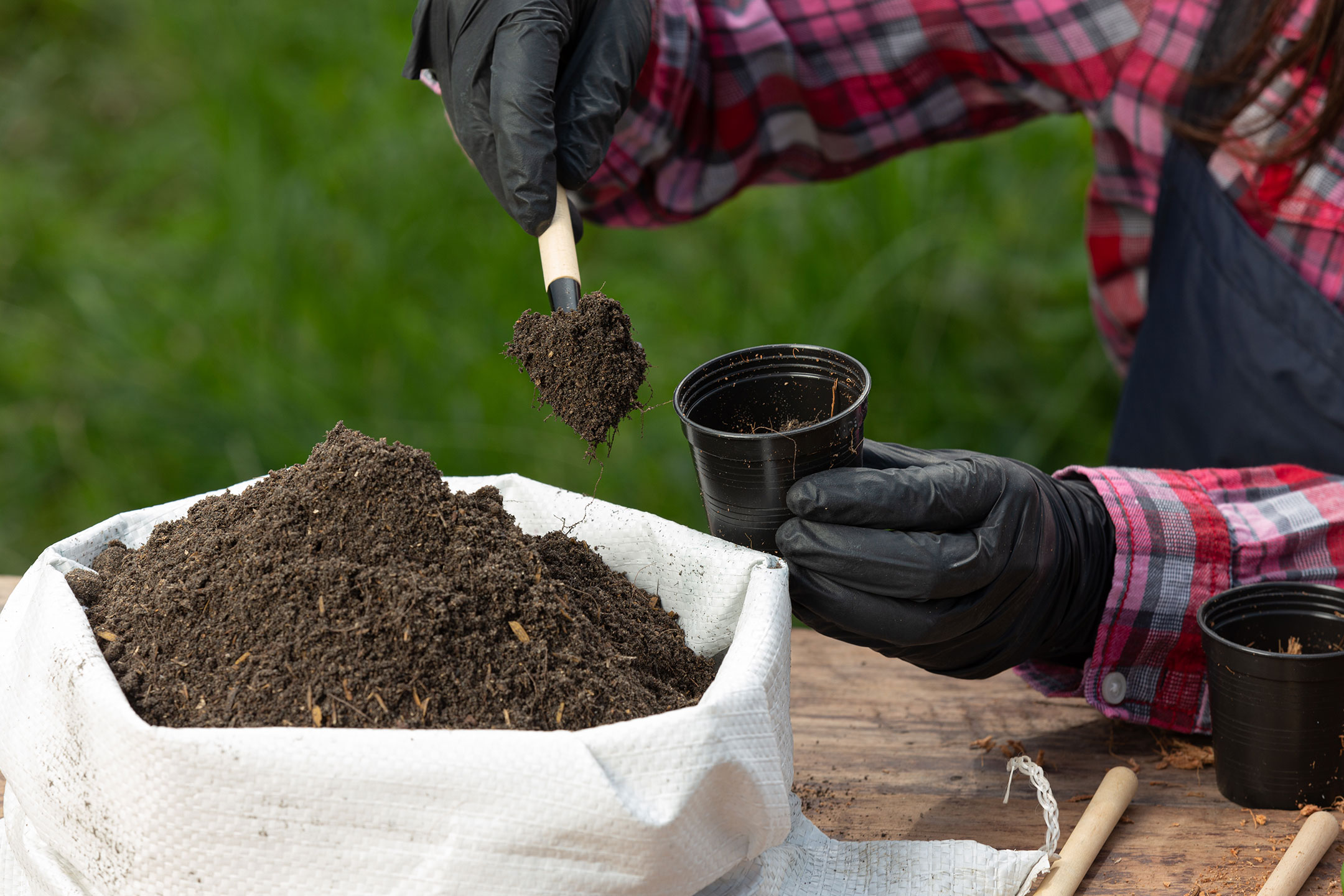
Our Advanced and Sustainable Agricultural Techniques
Rift Valley Roses integrates advanced and sustainable agricultural techniques across fertilization, crop protection, and soil management to optimize plant health and productivity while minimizing environmental impact.
Fertilization Plan
Our fertilization strategy ensures precise and efficient nutrient delivery to our crops through innovative technologies:
Crop Protection Plan
Our approach to crop protection emphasizes biological and preventive methods, reducing reliance on chemical treatments:

Soil Management Plan
Soil health is vital for sustainable farming. We employ a comprehensive soil management plan to maintain and improve soil structure and fertility:
These sustainable agricultural practices reflect our commitment to environmentally conscious farming, ensuring that Rift Valley Roses maintains a productive and healthy ecosystem for years to come.
